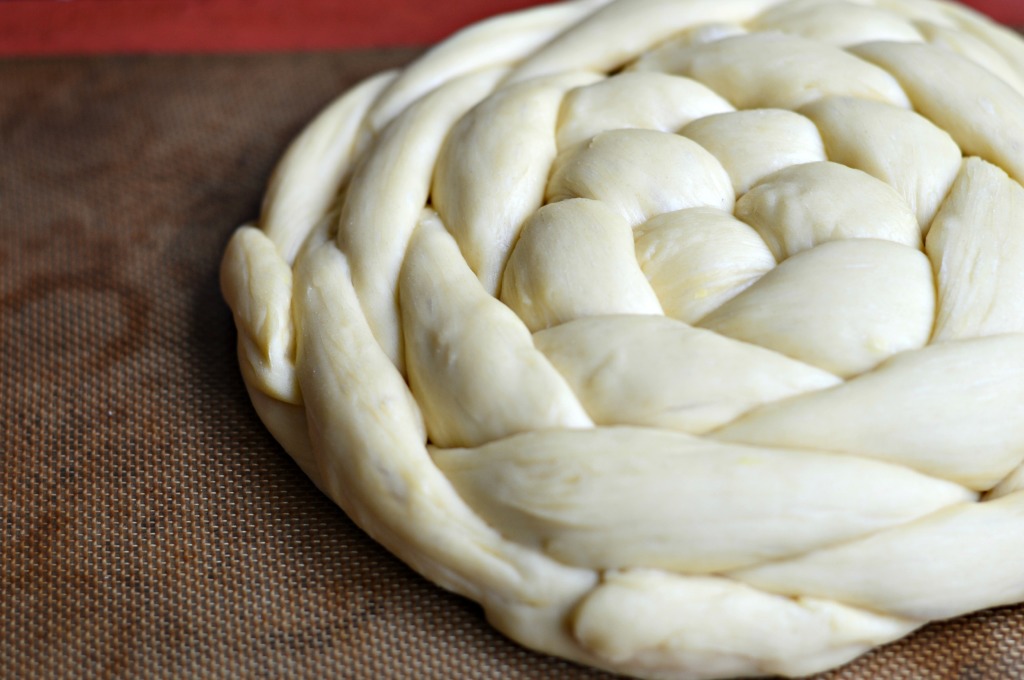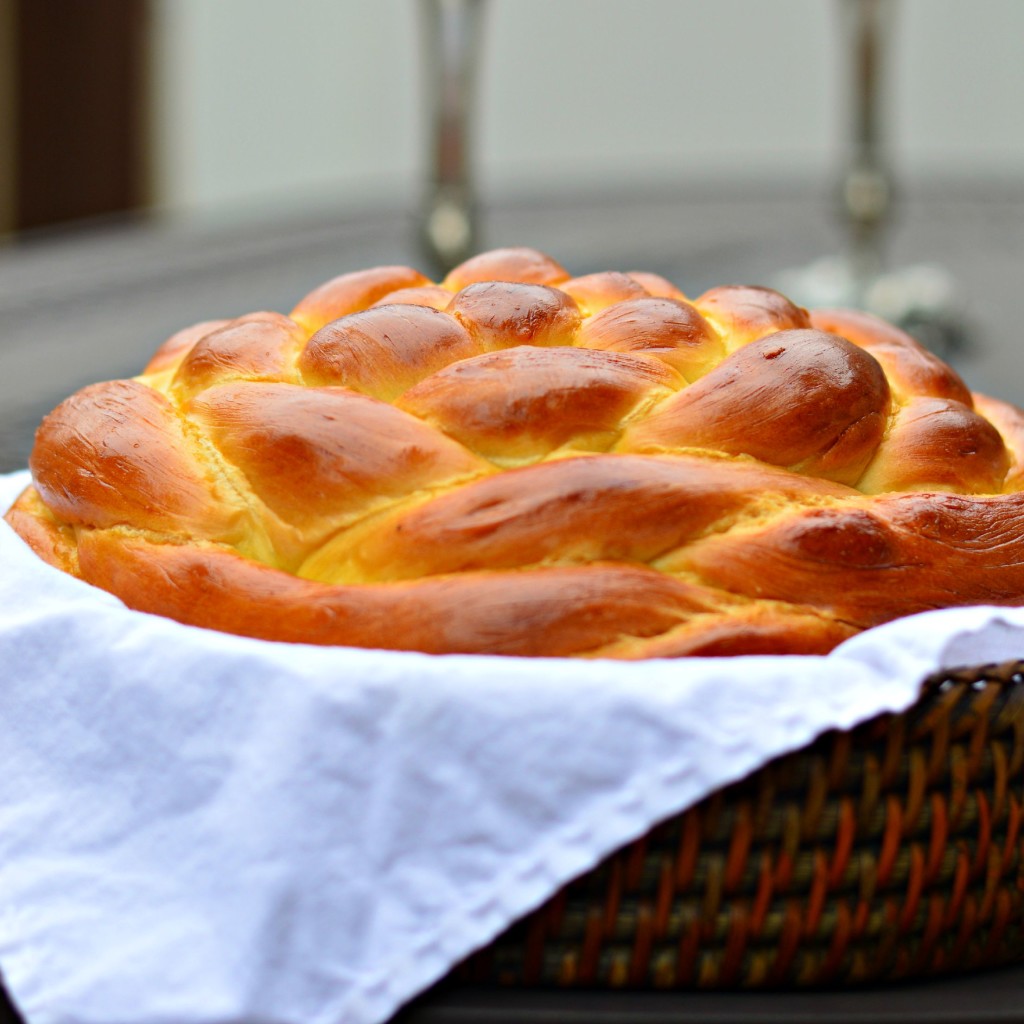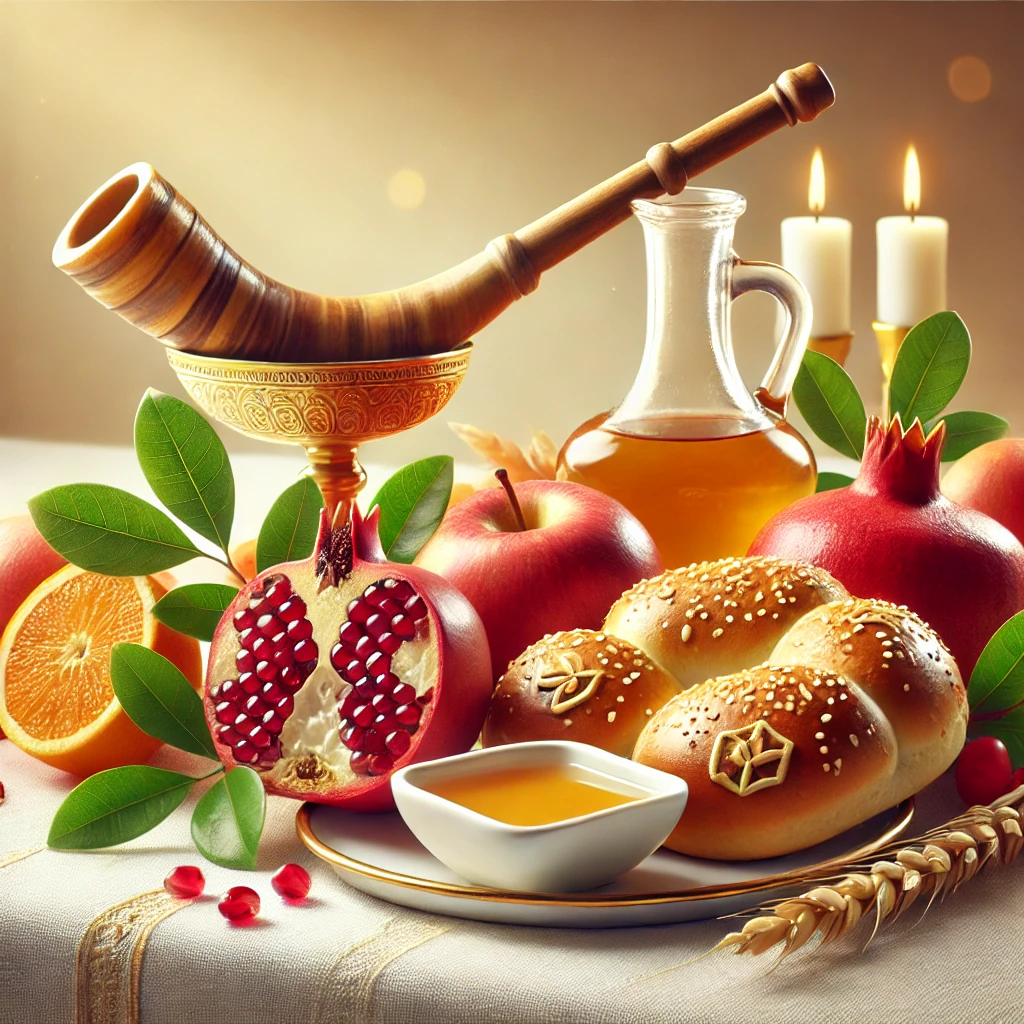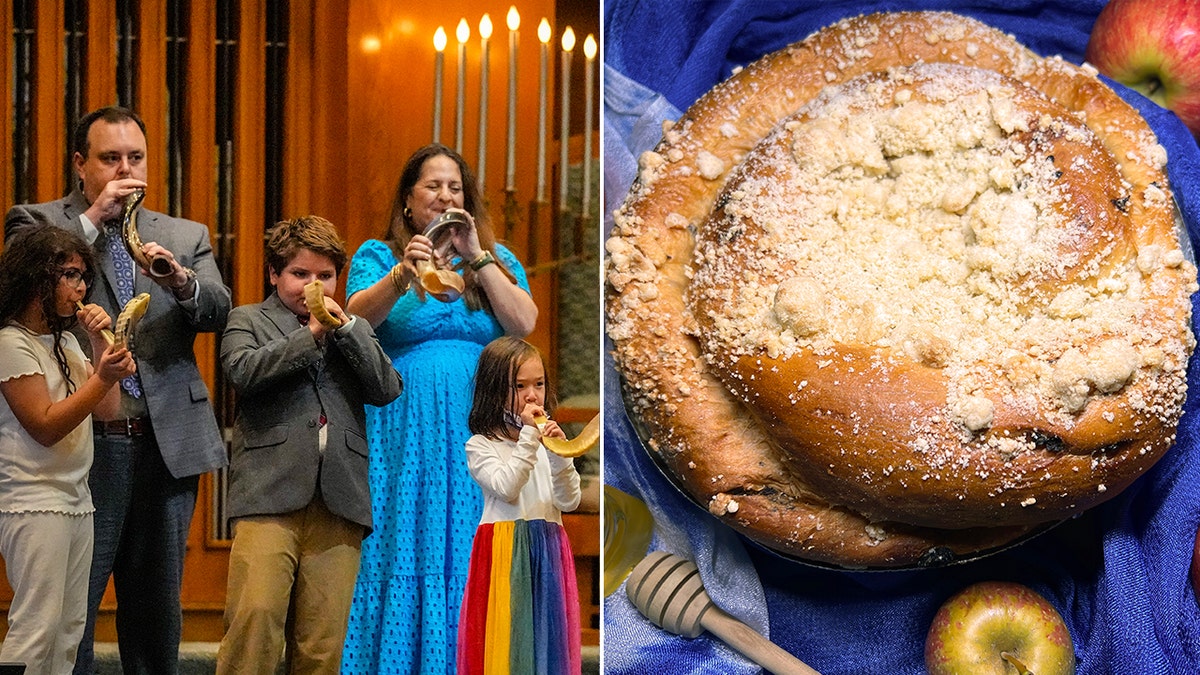Rosh Hashanah 2024: Celebrating the Jewish New Year with Traditions, Food, and Hope
As the sun sets on Wednesday, Jews around the world will come together to celebrate Rosh Hashanah, marking the beginning of the Jewish New Year, 5785. Also known as the "head of the year," this significant holiday is a time for reflection, prayer, and new beginnings. Rosh Hashanah is the first of the High Holy Days, a 10-day period of penitence and atonement that culminates in Yom Kippur.
A Holiday Steeped in Tradition
Rosh Hashanah has its roots in biblical times, with the name Yom Teruah, or "day of shouting/blasting," mentioned in Leviticus 23:23-25. The holiday has evolved over the centuries, incorporating various customs and practices. One of the most iconic traditions is the blowing of the shofar, a ram's horn that symbolizes the call to repentance and the awakening of the soul. Many Jewish communities also hold long prayer services in synagogue, often accompanied by the recitation of special liturgy and the wearing of traditional attire.
Another essential aspect of Rosh Hashanah is the celebration of festive meals with family and friends. Traditional dishes include sweet treats like apples and honey, symbolizing a desire for a sweet and prosperous new year. Challah, a braided bread, and other sweet breads are also customary. According to Rabbi Daniel Rowe, "Apples and honey serve as key Rosh Hashanah symbols, representing the hope for a sweet and fruitful new year."
A Time for Reflection and Renewal
Rosh Hashanah is a period of introspection and self-reflection, a chance to examine one's actions and make amends for past wrongdoings. The holiday marks the beginning of the cycle of autumnal religious festivals, running through Sukkot and ending on Shemini Atzeret in Israel and Simchat Torah worldwide. For Jews around the world, Rosh Hashanah is a time to recommit to their faith, to seek forgiveness, and to embark on a path of spiritual growth and renewal.
As Israeli family, the Machikawas, marked Rosh Hashanah with hope and sadness, with two loved ones held hostage by Hamas. Efrat Machikawa refused to give up hope that one will still come home, a testament to the resilience and faith of the Jewish community in the face of adversity. "We have nothing to celebrate, but we still have hope," she said.
Coming Together in Celebration
Despite global tensions and conflicts, Jewish communities around the world came together to celebrate Rosh Hashanah with events, services, and festivities. In Baltimore County, the "Rosh Hashanah Under the Stars" drew thousands of people, creating a sense of unity and solidarity. As one participant noted, "It was amazing to see so many people from different backgrounds and ages coming together to celebrate the Jewish New Year."
Rosh Hashanah is a powerful reminder of the importance of tradition, faith, and community. As Jews worldwide mark the beginning of the new year, they do so with a sense of hope, renewal, and commitment to their heritage.
With a focus on family, faith, and tradition, Rosh Hashanah is a celebration that transcends borders and geographical boundaries. As the Jewish community comes together to mark the beginning of 5785, they do so with a renewed sense of purpose and a deep connection to their shared history and culture.
May the sweet sounds of the shofar and the warmth of traditional foods bring joy and comfort to all those celebrating Rosh Hashanah. Shana Tova, a happy and healthy new year!
#Lifestyle










-Blog-Banner.jpg)







